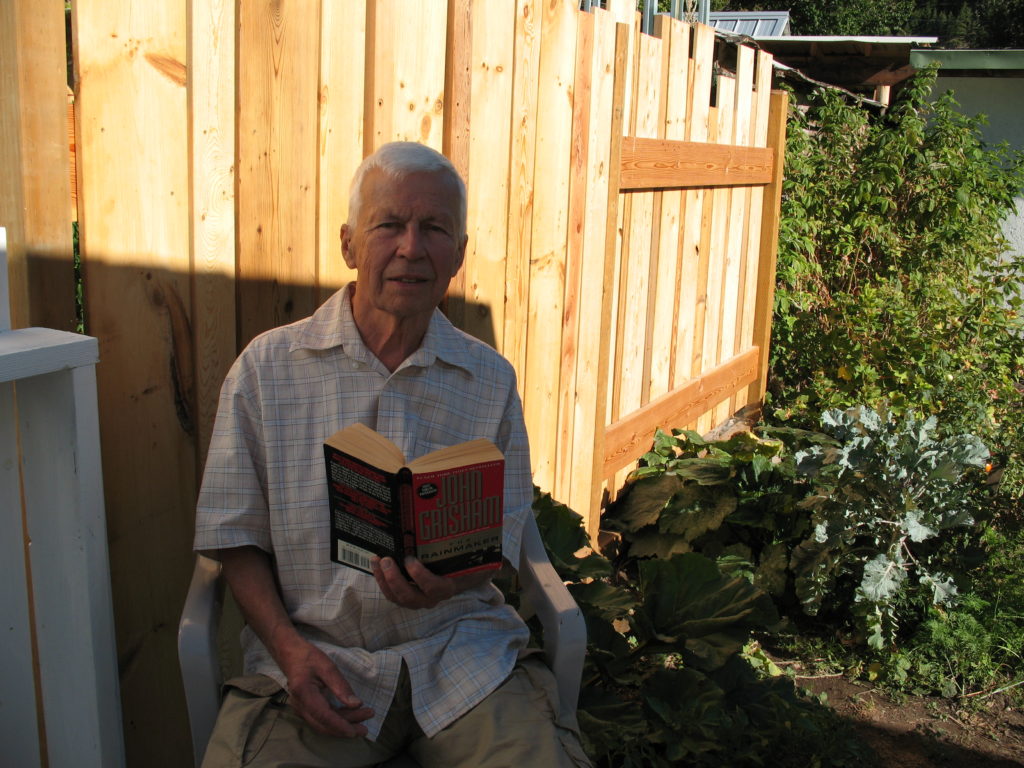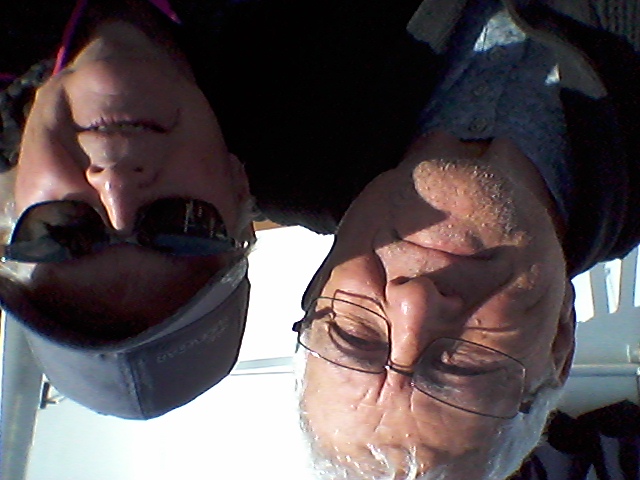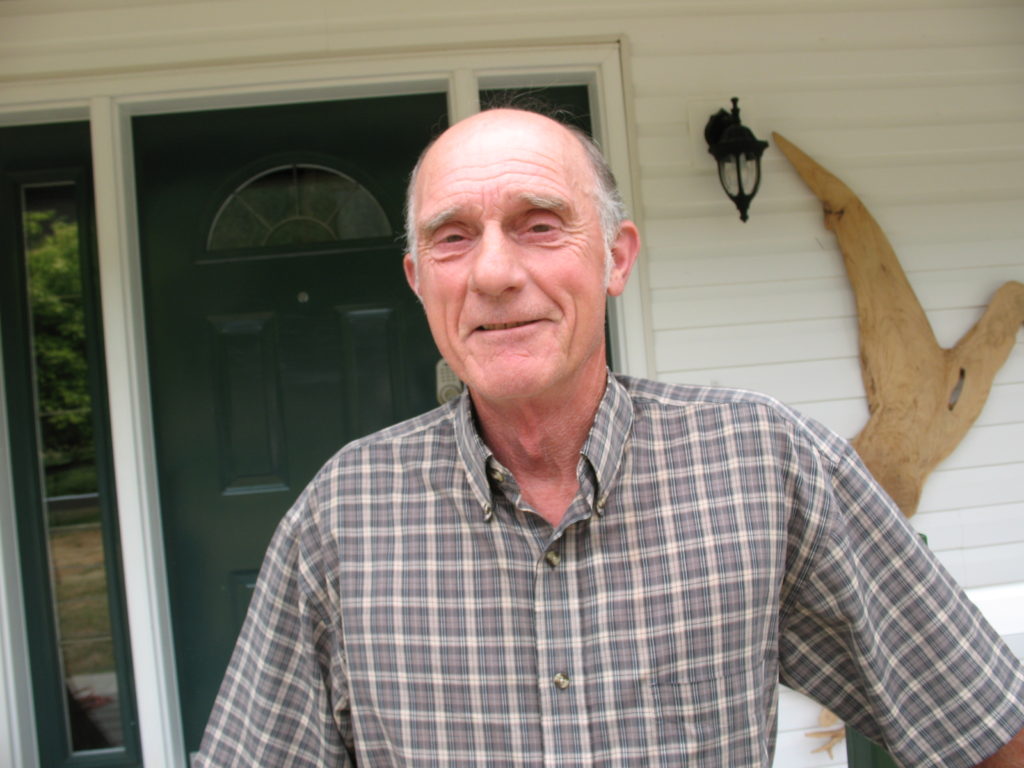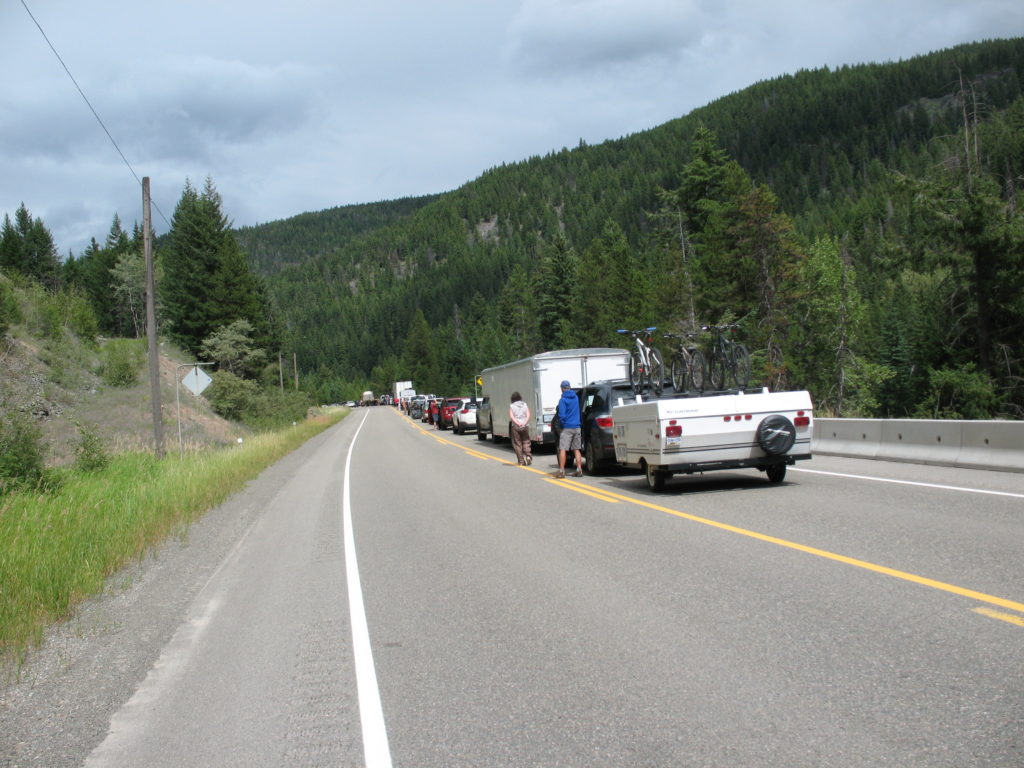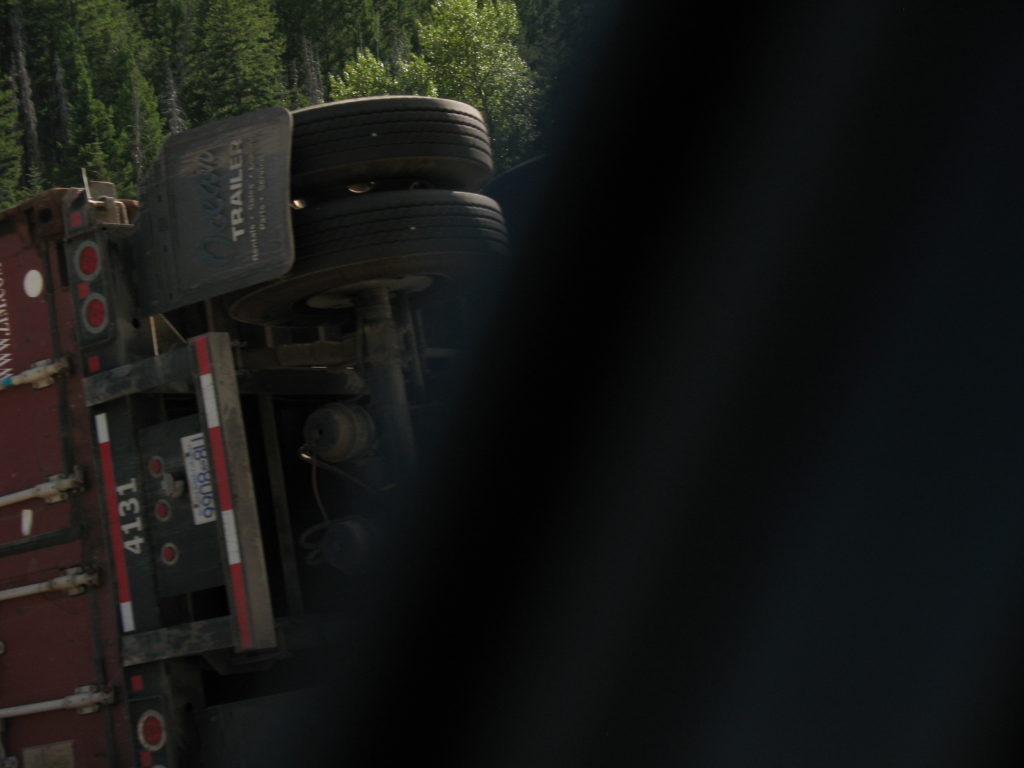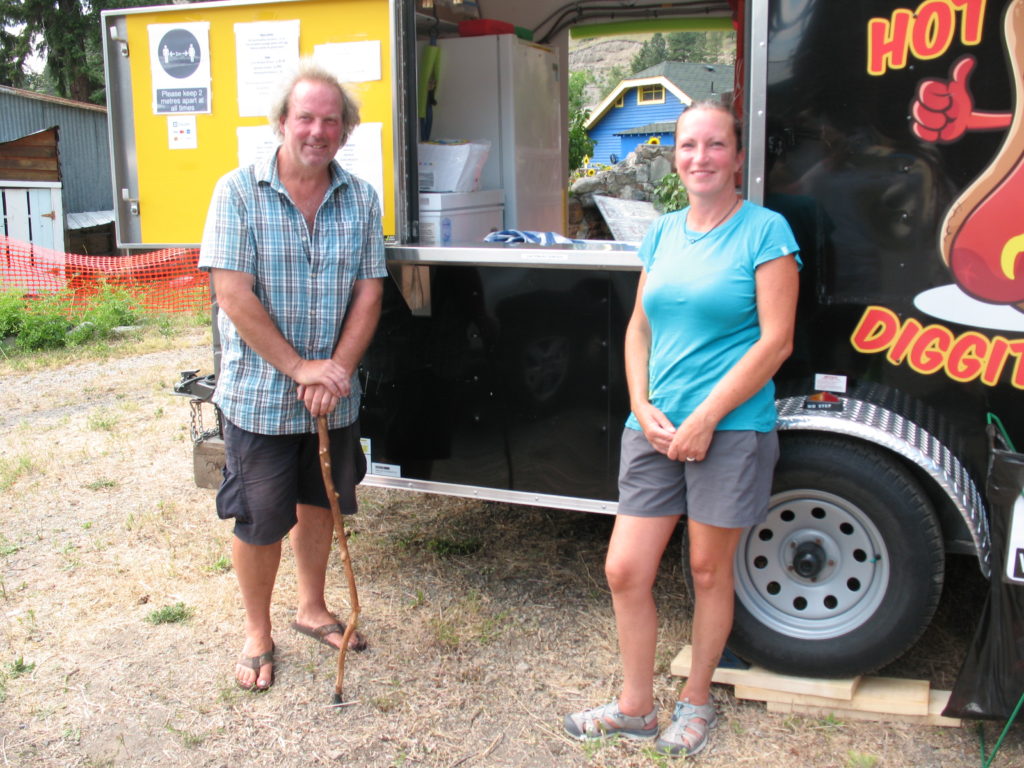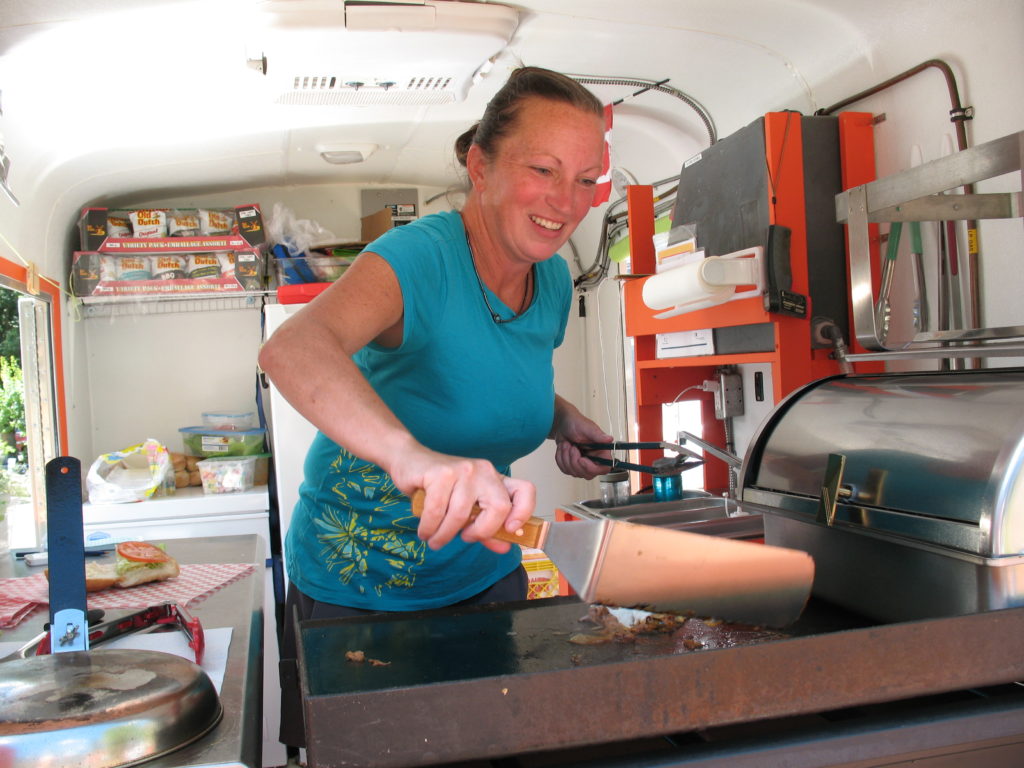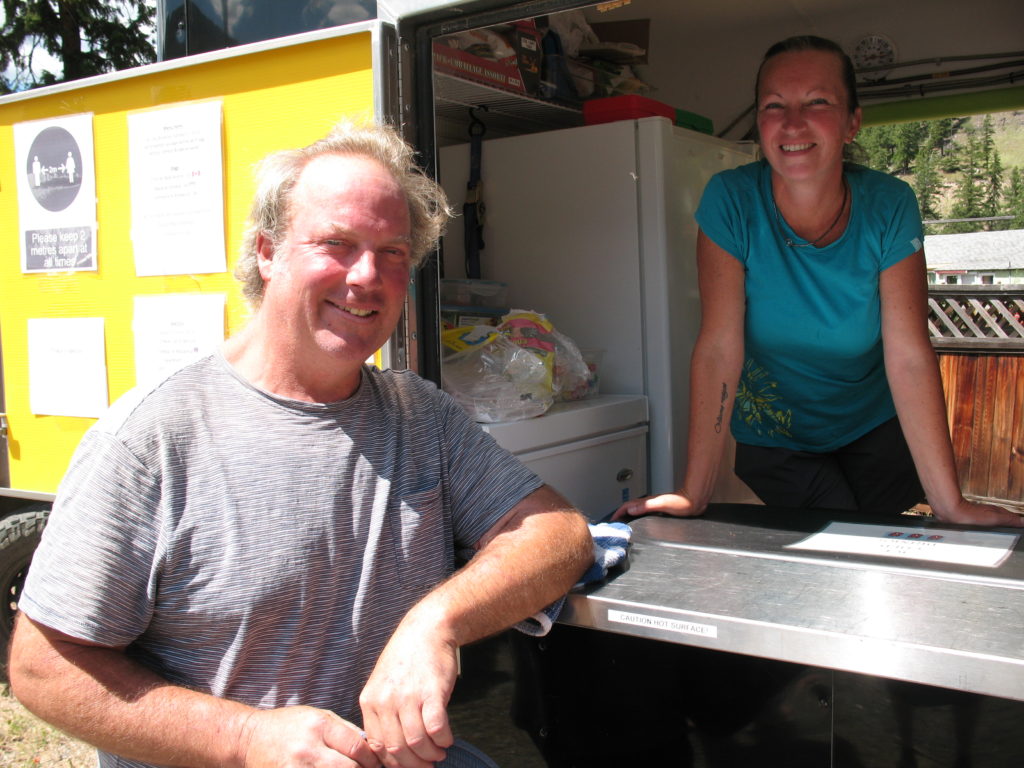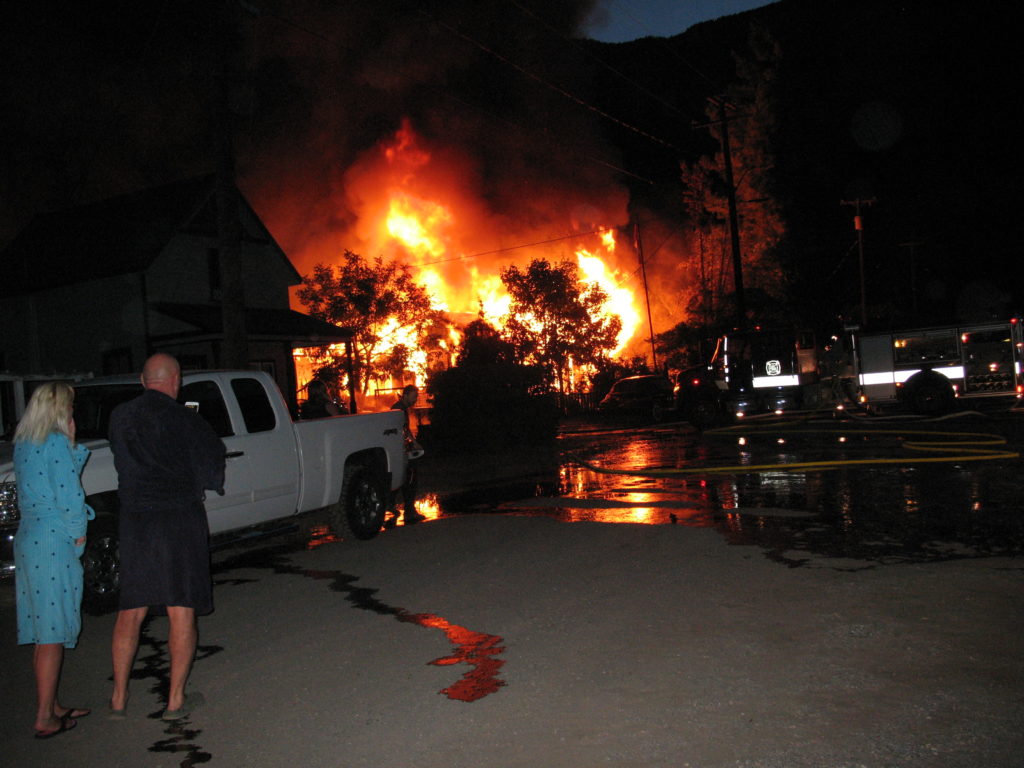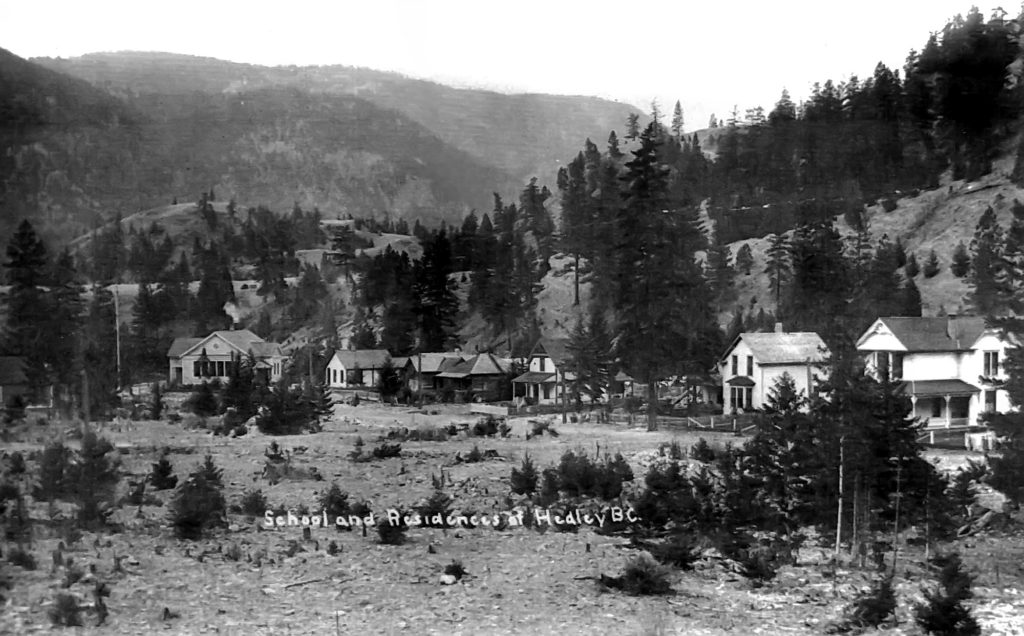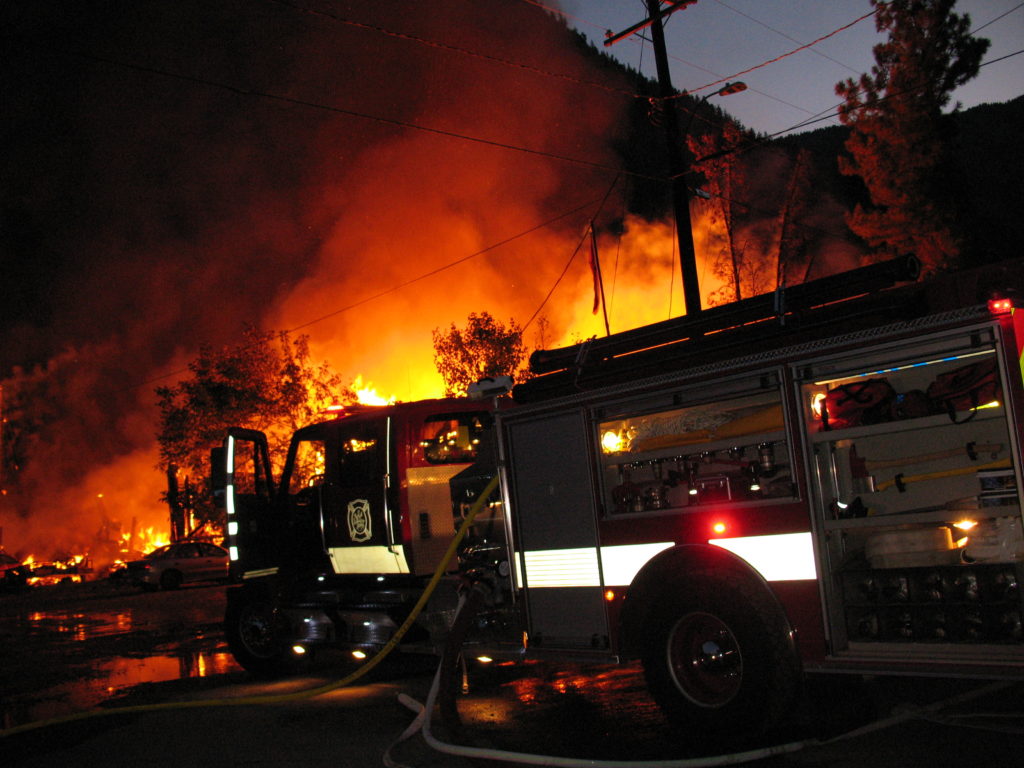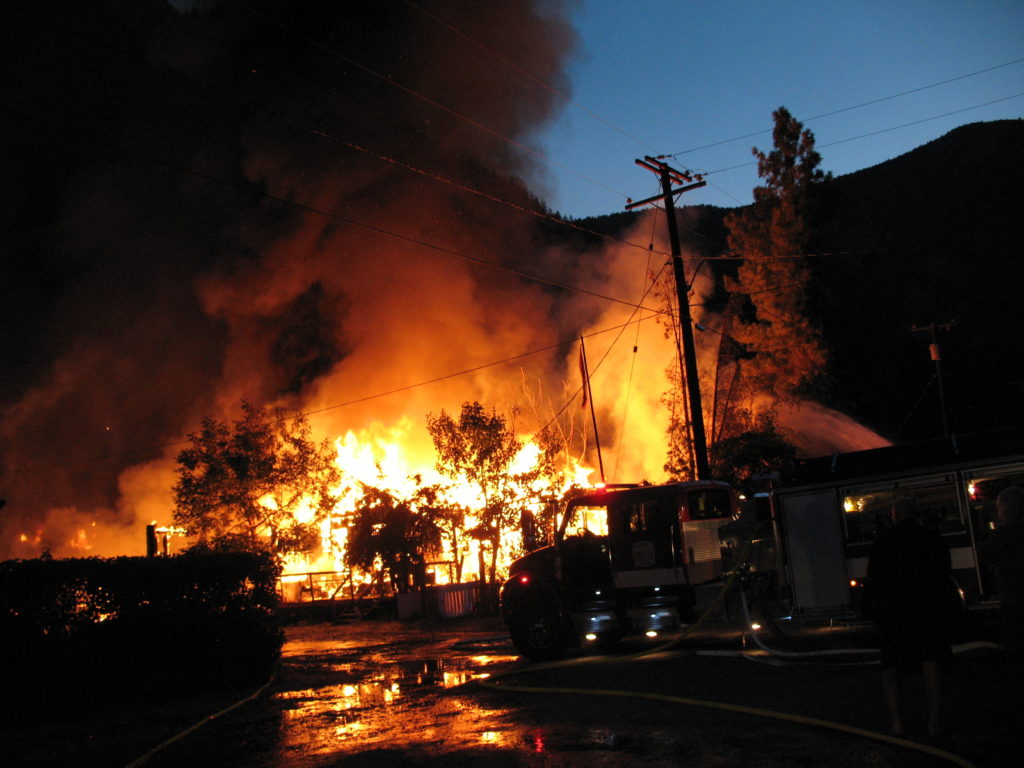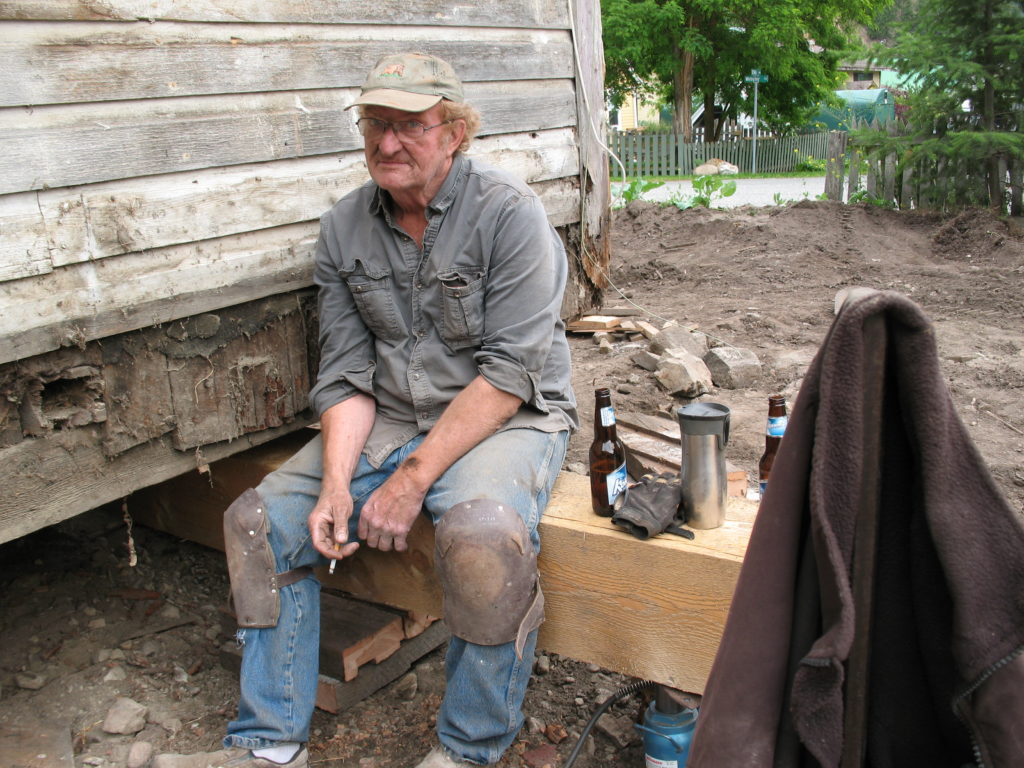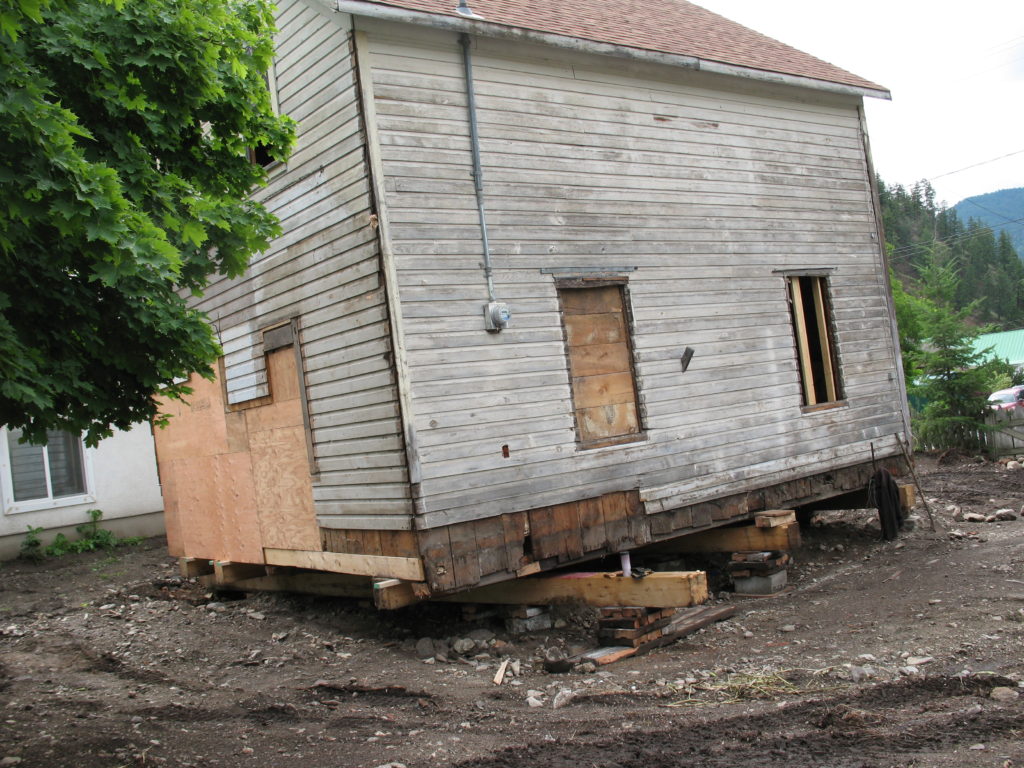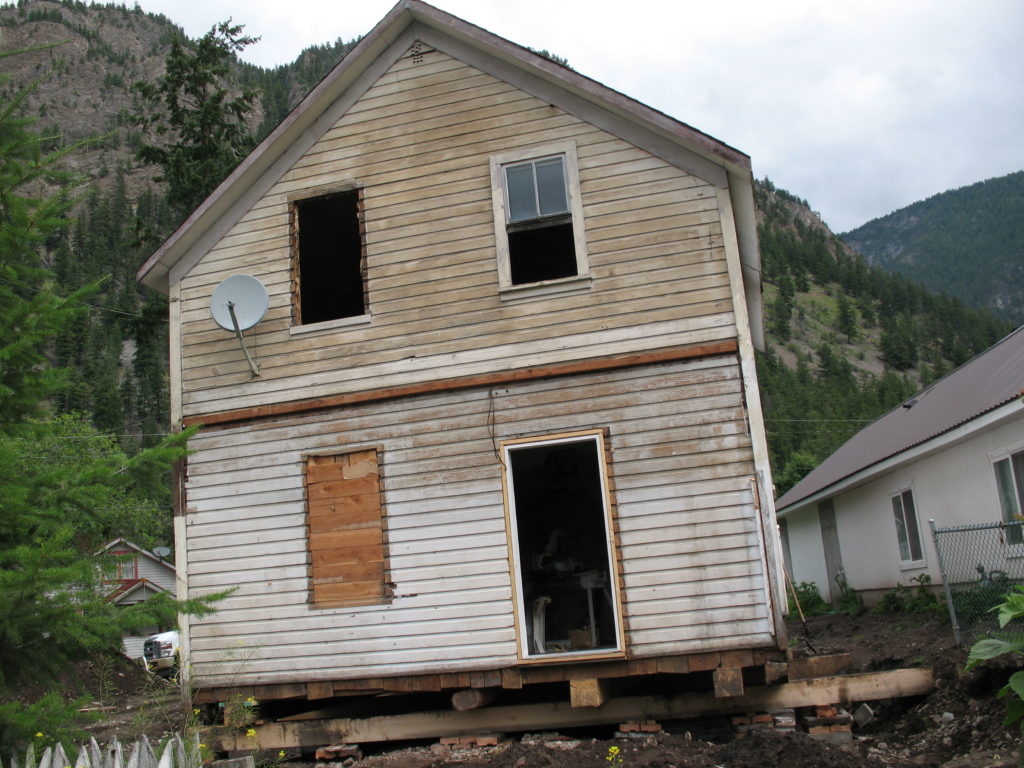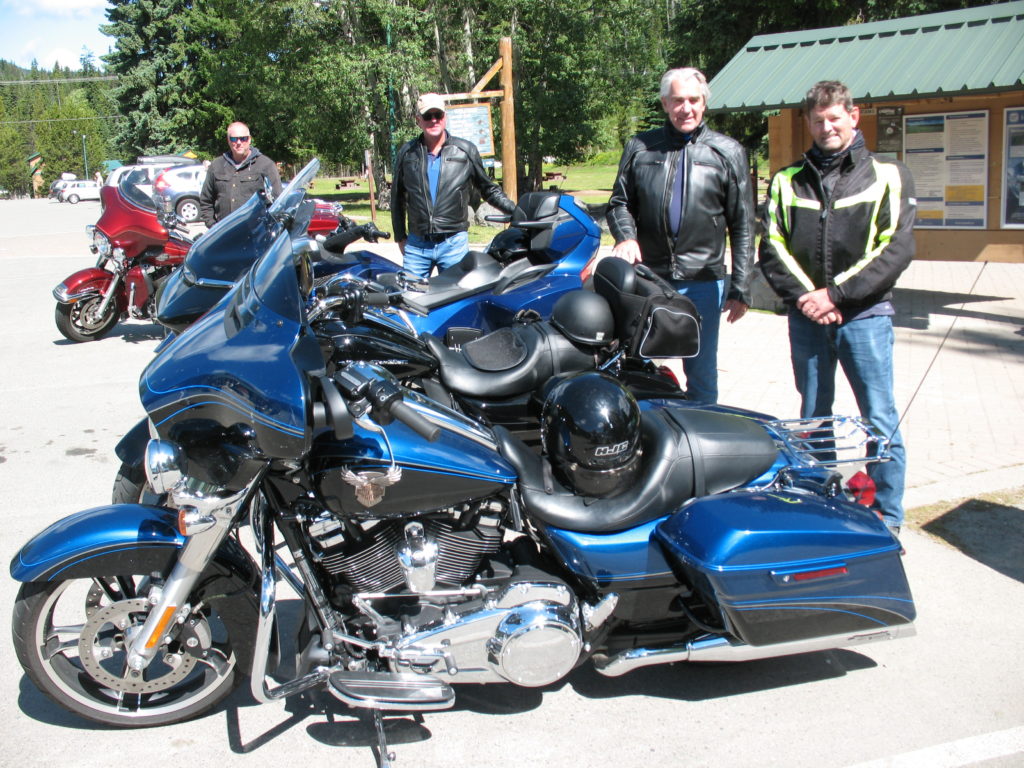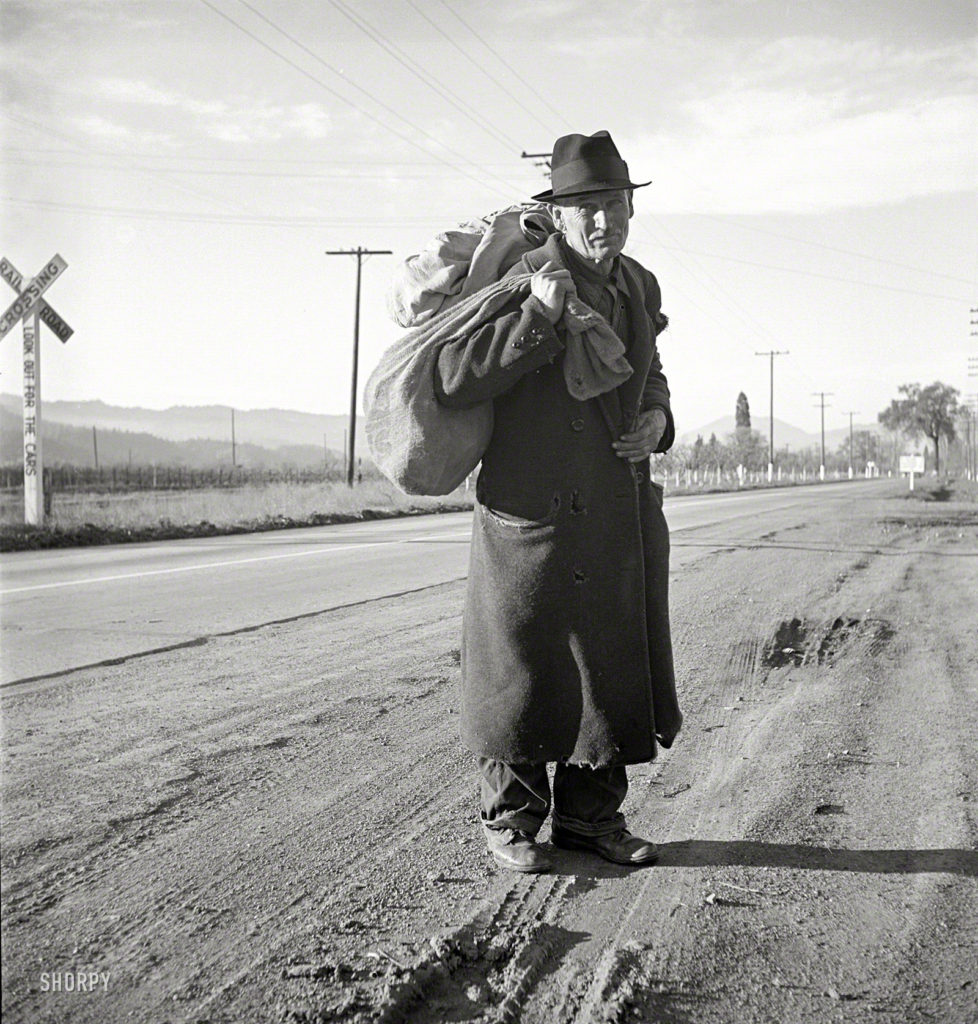
In a world of unending grasping for more, I’m heartened by individuals who stand by people with serious needs. After writing recently about Bill Carmichael and Trisha Mills and their efforts to rebuild their lives, I received several notes from readers. They wanted to know if the gofundme site is still open for donations. I was able to assure them they can still give. (https;//www.gofundme.com/f/the-hitching-post-fire/donate).
This desire to encourage and bless people they don’t know caused me to ponder on memories from my childhood years when we lived in Barkfield, Manitoba, a remote, rural community. The land in this area produced mostly scrub brush and poor quality grass. It was a small settlement consisting mostly of two families, the Funks and the Martens.
Too insignificant to be shown on a map, Barkfield had one general store with limited stock. A deeply rutted, poorly maintained dirt road, connecting Steinbach and Grunthal, ran through the community. In winter snow drifts and howling prairie winds often made the road virtually invisible and impassable. Spring rains deepened the ruts and created large mud holes. At that time horses, wagons, buggies and sleighs were still more common than motorized vehicles.
My most vivid memories of this time and place are of my Mom’s family, the Funk’s. Tight knit, energetic and extremely self reliant, they stayed on when others left to seek a milder climate and more promising financial circumstances.
It is Grandpa Funk whose life still stirs me to consider what is truly important. He and Grandma were descendents of Mennonite immigrants who fled from Ukraine to Canada in the 1870’s to escape religious persecution. They brought 13 children into the world, seven boys and six girls. It was a simple, difficult time and parents had little opportunity or inclination to concoct unique names. The boys were given names like Peter, David and Henry.
Grandpa was a stocky, physically robust man. He took the boys into the bush and taught them to use axes, saws and guns. They made firewood which was taken to Winnipeg and sold. The girls, with names like Agatha, Betty and Mary, learned to dig in the bush for medicinal roots, which were also sold. In their teen years, the offspring sometimes found work on neighbouring farms to augment the family income. There was money only for necessities like flour, sugar, coffee and coal oil. Grandma and the girls planted and tended a huge garden. There were chickens for meat and eggs, a few cows provided milk. In fall they slaughtered a hog and utilized every part, including the head and hocks.
Even though every dollar came with sweat, determination, and a large measure of endurance, Grandpa and Grandma Funk were endowed with a streak of generosity. My mother frequently talked about people coming to their door looking for a meal. Especially in the Great Depression, skinny, haggard men were incessantly on the move, desperately seeking employment. Often they were on foot, going from one town to another. When the knock came, Grandpa invariably offered the weary straggler a meal and a place to sleep.
Mother particularly liked to tell us about Philippe, a travelling seller of wares. A large jolly man with a bushy beard and black patch over one eye, he lived in St. Malo, a predominantly French Canadian community. In winter he couldn’t travel fast in the deep snow. Sometimes darkness had set in when he knocked on the door of the Funk family home. Grandpa always welcomed him warmly. He would say to his sons, “boys, Philippe will stay the night with us. Put his horses in the barn, give them feed and water, and rub them down.” Although the Funk family communicated mostly in Low German, a dialect passed down to them by their ancestors, the two men came to understand and respect each other. In spite of the family’s sparse circumstances, Philippe was always given a hearty meal.
In this time when covid 19 is producing financial and emotional havoc in many homes, I find myself thinking of my grandparents. They didn’t expect the government or some charitable organization to fix things. They were grateful for what they had, and willingly shared from their limited means. To me it seems they experienced a sense of purpose, fulfillment and joy. These can be had more readily by sharing than by grasping for more.

